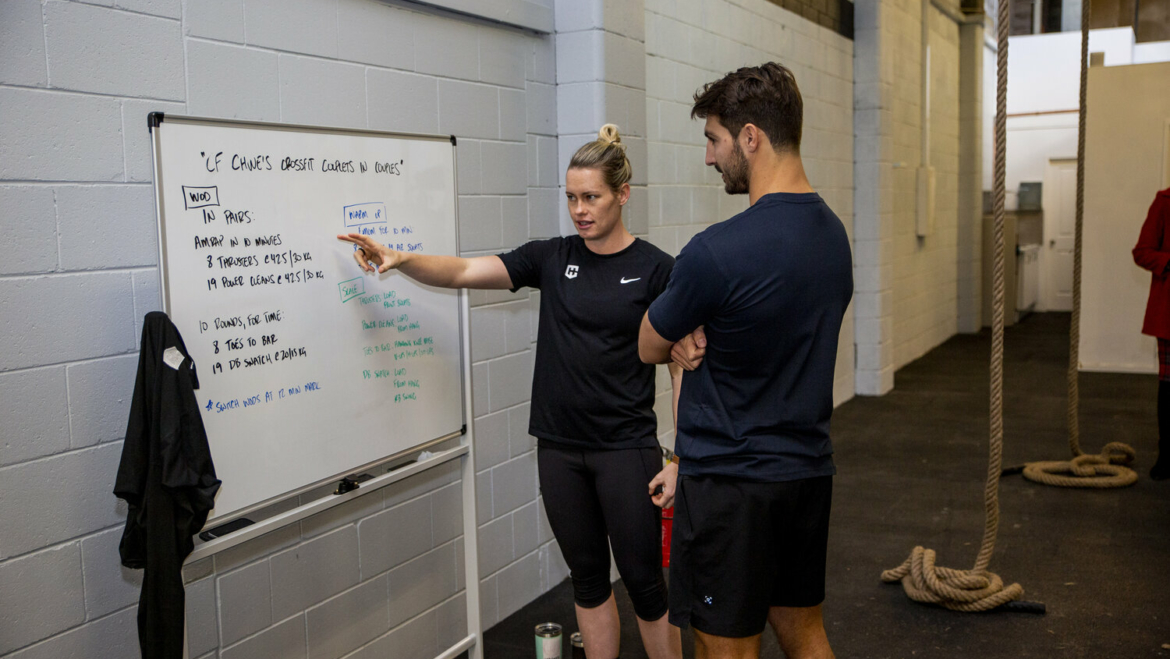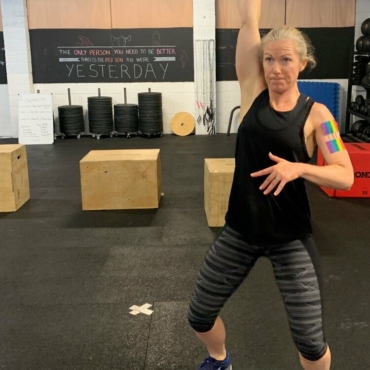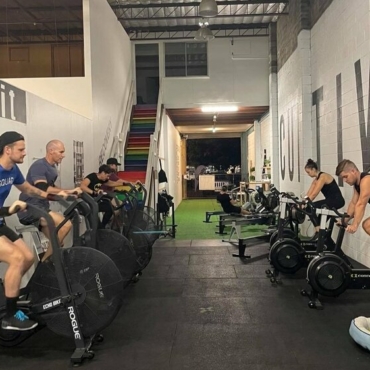The link between your goals and where you are now is your coach. They are also the protective barrier between you and injury. Different gyms and styles of fitness will have different views on what makes a great coach. For us, to be able to fully trust your coach is of the utmost importance in you reaching your potential and maximum health.
The following three points is what we strive to do every day as coaches, and what we look for in our team. This list is not exhaustive, but allows the basis of a trusting relationship between coach and member:
Epitomise our core values of leadership, empathy and humility.
These three values underpin every decision we make, every interaction we have and every class we coach. We chose these values because we believe they will make us the best possible coaches we can be for you, and allow you to trust us with your biggest goals, fears and dreams. Here’s just a few ways how:
-
-
We lead by following our own program and constantly working on improving on all five pillars of health in our own lives. We truly believe in the CrossFit methodology, which means that anything programmed for the best athlete in the gym can be modified for our newest member. If we are prescribing it to you, shouldn’t it also be good enough for us? In general, if we are giving out any advice, you can guarantee we have first given it a go ourselves.
-
We want to understand you as a whole person, not just as a “gym goer”. If you have gone through our trial session, you will remember the form we have you fill in at the start and the discussion that followed with your coach. We need to be able to put ourselves in your shoes, and understand your perspective without judgement so that we can take the steps to successfully get you to your goals. This is empathy. Empathy is hard whereas sympathy is easy. Sympathy is simply feeling sorry for someone, standing back and saying things like “that must be hard,” and “I really feel for you.” As coaches, we can sympathise with your lower back pain, and scale your workouts for months to the same movements. Or, we can empathise about how difficult lower back pain makes your entire life outside of the gym, help you find the best team of specialists and adjust your workouts to help aid in your rehabilitation and recovery. There is a huge difference between the two.
-
Humility, just like empathy, is hard to truly encompass. To us, humility comes down to being able to accept feedback. Accepting feedback means accepting that you are not always right, that you are not the most important or brilliant person in the room, and that you always have more to learn. It is accepting that there are more ways than one. Every day we as coaches ask you to be humble as we constantly give you feedback through cuing, asking you to follow our program, giving you nutrition advice and guiding you through our five pillars of health. That is a lot to ask of someone, and in return we ourselves need to be humble. We need to reflect on our actions and words, and be able to accept that we do not know everything. You can trust that we give each other feedback on a daily basis, and as we strive for humility our members also know that we are constantly asking for their honest feedback as well. In CrossFit terms, we ask you to leave your ego at the door, right where we leave ours.
-
Your coach has a scaling option for every injury and level of fitness
Each day, the majority of members do not “RX” workouts, so it is vital that coaches can provide a modification for a range of different movements, injuries and fitness/strength levels. It is very easy as a member to feel like an injury makes you a burden, or to look at a workout and feel like it is “not your day” because the movements are too challenging.
Read our previous blog “CrossFit through injury” for more information on how we take care of our injured members.
It is extremely important to us that you feel the exact right combination of safe and challenged with the modifications we provide. You will never be sat in the corner, but nor will you be given options that make you feel unsafe. Your coach will always have a solution for you.
Your coach goes above and beyond in their connection with you
In previous blogs, we have touched on how easy it is to be a coach, but how hard it is to be a great coach. Being a great coach comes down to the connection the coach makes with you. Does your coach remember your injury? Does your coach ask how your kids swimming carnival went? Does your coach send you a message to check you are okay if you have not been into the gym for a couple of days?
To sum it up, does your coach care about you?
We can talk about our qualifications, our experience, our athletic abilities and other factors that are touted as being good coaching attributes. But we can not talk about how much we care about you.
We can only show you.
If we care about you, we know that you can trust us. And once you trust us, we can help you change your life.




